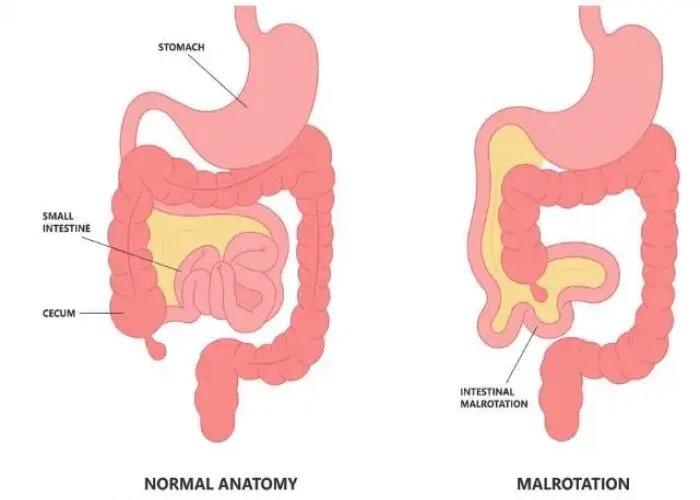 Welcome
Welcome
“May all be happy, may all be healed, may all be at peace and may no one ever suffer."
Short bowel syndrome
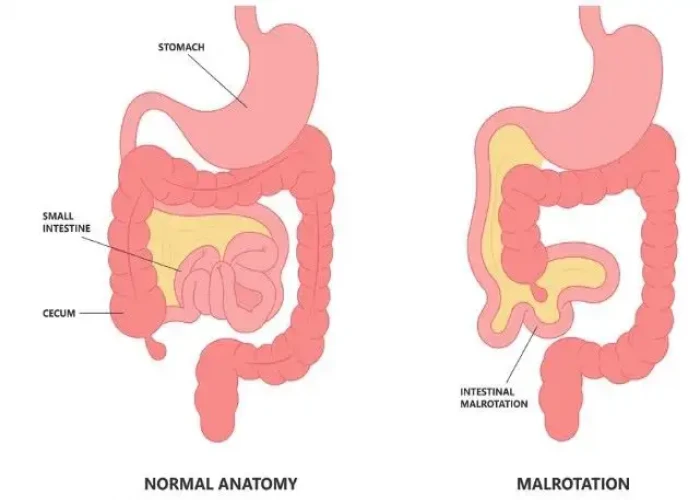
Short bowel syndrome (SBS) is a medical condition that results from the surgical removal of a significant portion of the small intestine, or due to certain diseases or injuries that affect the small intestine's ability to absorb nutrients.
The small intestine is responsible for absorbing most of the nutrients from the food we eat. When a significant portion of it is removed, the remaining intestine may not be able to absorb enough nutrients, water, and electrolytes, leading to malabsorption and malnutrition.
Symptoms of short bowel syndrome may include:
- Diarrhea
- Abdominal cramping and bloating
- Dehydration
- Weight loss
- Fatigue
- Nutritional deficiencies
Treatment for short bowel syndrome usually involves a combination of nutritional support and medication. This can include a special diet high in nutrients and calories, as well as medications to help manage symptoms such as diarrhea and acid reflux. In some cases, patients may require intravenous (IV) nutrition, which involves receiving nutrients through an IV line directly into the bloodstream.
In addition to medical treatment, patients with short bowel syndrome may benefit from working with a dietitian or nutritionist to develop a customized nutrition plan and monitor nutrient levels. With appropriate treatment and management, many people with short bowel syndrome can lead healthy, active lives.
Research Papers
Disease Signs and Symptoms
- Diarrhea
- Foul-smelling greasy stools
- Fatigue (Tiredness)
- Weight loss
- Swollen (Edema)
Disease Causes
Short bowel syndrome
Causes of short bowel syndrome include having parts of your small intestine removed during surgery, or being born with some of the small intestine missing or damaged. Conditions that may require surgical removal of portions of the small intestine include Crohn's disease, cancer, injuries and blood clots.
Disease Prevents
Disease Treatments
Your treatment options for short bowel syndrome will depend on what parts of your small intestine are affected, whether your colon is intact and your own preferences.
Short bowel syndrome treatment may include:
- Nutritional therapy. People with small bowel syndrome will need to follow a special diet and take nutritional supplements. Some people may need to get nutrition through a vein (parenteral nutrition) or a feeding tube (enteral nutrition) to prevent malnutrition.
- Medications. In addition to nutritional support, your doctor may recommend drugs to help manage short bowel syndrome, such as medications to help control stomach acid, reduce diarrhea or improve intestinal absorption after surgery.
- Surgery. Doctors may recommend surgery for children and adults with short bowel syndrome. Types of surgery include procedures to slow the passage of nutrients through the intestine or a procedure to lengthen the intestine (autologous gastrointestinal reconstruction), as well as small bowel transplantation (SBT).
Disease Diagnoses
Disease Allopathic Generics
Disease Ayurvedic Generics
Disease Homeopathic Generics
Disease yoga
Short bowel syndrome and Learn More about Diseases

Tongue-tie (ankyloglossia)
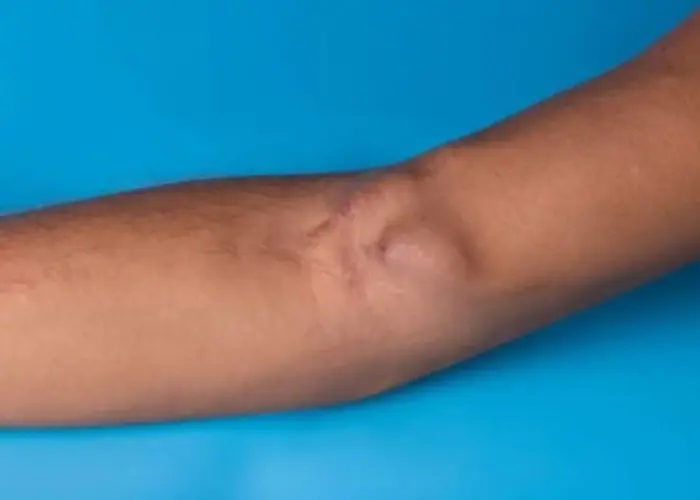
Arteriovenous fistula
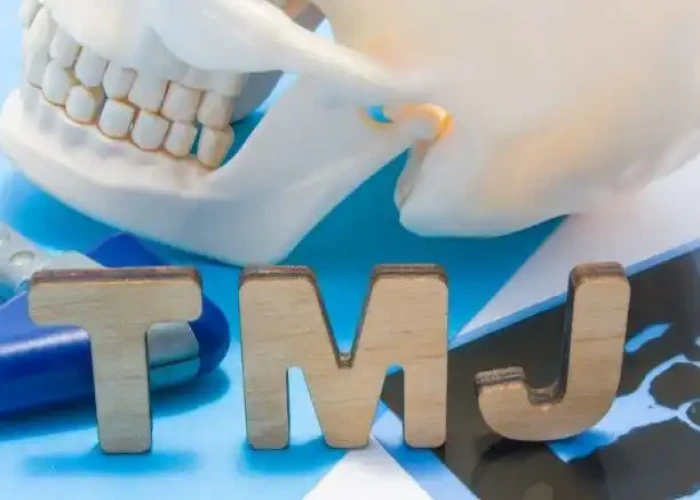
TMJ disorders

Ringworm (scalp)

Bone spurs
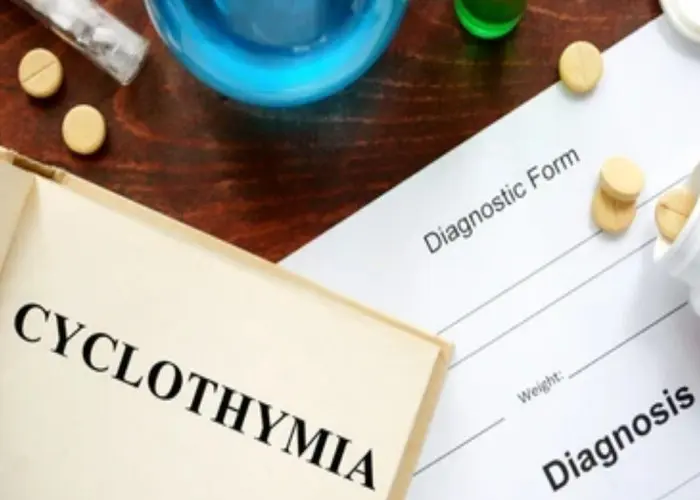
Cyclothymia (Cyclothymic Disorder)
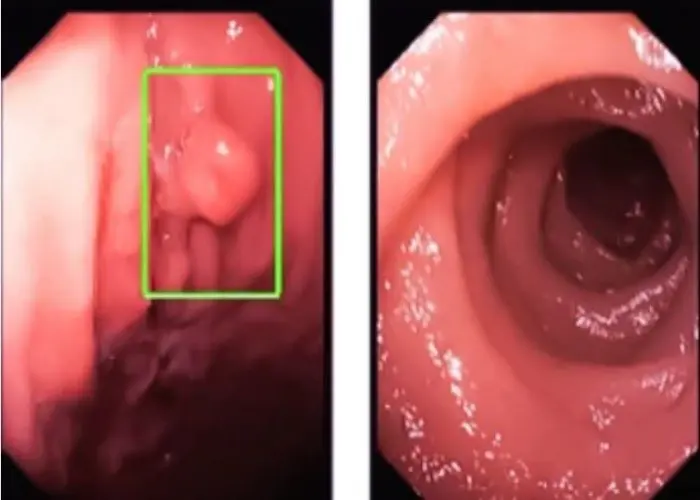
Colon polyps
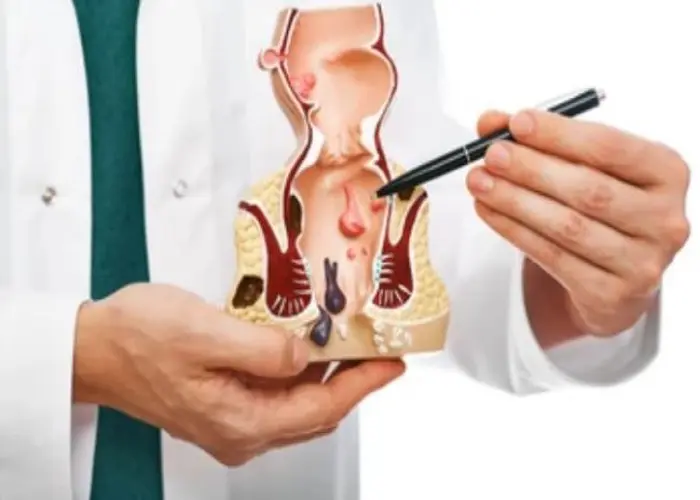
Anal fistula
Short bowel syndrome, শর্ট বাওয়েল সিনড্রোম, সংক্ষিপ্ত অন্ত্র সিন্ড্রোম
To be happy, beautiful, healthy, wealthy, hale and long-lived stay with DM3S.
